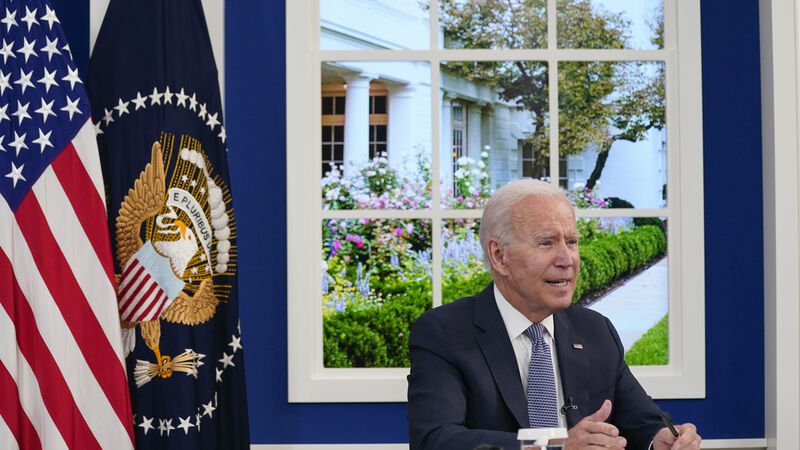For Ireland, all eyes on Biden tax plans after conceding 15% rate

Ireland's signing up to the higher global corporate rate may not be the end of the concessions facing the Government, as attention switches to legislative plans driven by US President Joe Biden that could have far-reaching effects on US multinationals operating in Ireland.
The Government dropped its opposition and has now joined around 140 countries who have given their consent to the OECD's proposals for the global setting of a 15% minimum rate for taxing big multinationals around the world. It has hailed assurances from the EU that the current 12.5% rate will apply to the bulk of Irish firms.











